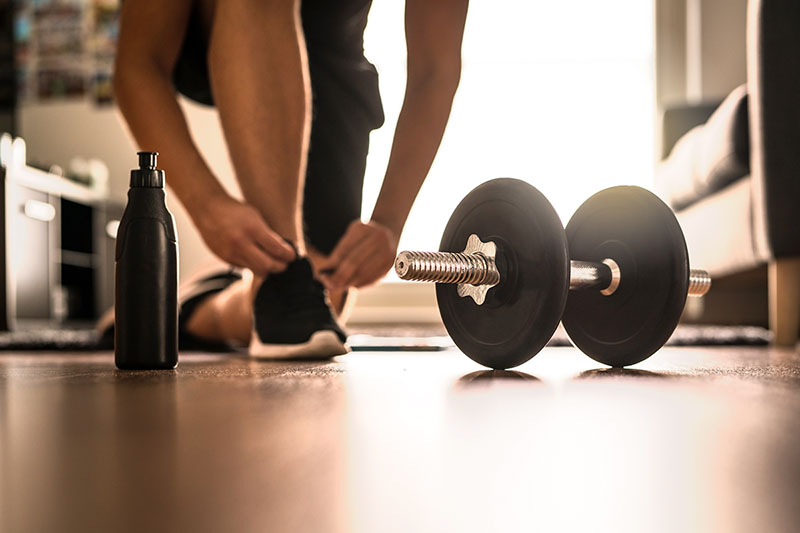How Your Posture at Work Affects Your Body
Sitting at your computer all day, day after day, could be impacting your health.

With a desk job, it’s not unheard of to slouch your way through the work day. Many companies are heavily invested in teaching their employees the best ways to sit and stand while at work. What does good posture look like and how does your posture affect your body? Let’s find out.
What does good posture look like?
It is sometimes hard to know if you are maintaining good posture in the moment. But, for most of us, you know good posture when you see it. These signals can help you know if you are sitting and standing with good posture:
- Body weight distributed evenly between both feet
- While sitting, your shoulders, hips, and knees should be at even heights, with your knees and feet pointing straight ahead of you
- Hips even with one another
- Abdominal muscles braced
- Arms at your sides with elbows even
- Neutral spine
- Chin parallel to the floor
- Shoulders even (roll shoulders up, then back and down)
Related: 3 Exercises to Help Relieve Back Pain
How your posture affects you
Besides looking good, what are the benefits of good posture? Maintaining a good posture can help with balance. It’ll help you maintain good form while exercising, which means fewer injuries and falls while you’re working out. Poor posture is also linked to:
- Pelvic floor dysfunction
- Headaches
- Poor self-esteem
- Arthritis
- Fatigue
- Chronic pain
- Joint pain
- Digestive problems
- Stress
Easy ways to improve your posture
Improving your posture isn’t something that will happen overnight. Instead, it takes a conscious effort every day. Here are a few ways you can easily improve your posture.
1. Stretch frequently. It’s a good idea to stand up frequently during your workday. Take a moment to stretch, adjust your posture, and give your eyes a screen break. You might be able to find an app that will remind you to take a break.
2. Practice. Take several breaks throughout your day to “re-center” your posture. Pay attention to how you are holding your body. This is helpful to do in front of a mirror, but you don’t need a mirror to get the benefits. Practice adjusting your posture to the correct it in different situations, such as:
- Standing
- Sitting
- Driving
3. Exercise. Certain exercises like yoga or Pilates can help build core muscles and strength.
From improving your sleep to getting rid of headaches and stress, good posture matters. Practicing every day will help.
Related: Posture Tips for the Desk Worker
While you’re here, check out our other articles on healthy living. For information on our medical and dental plans, visit selecthealth.org/plans.






